The Beckies: 50 Years Later, Better Late Than Never
Nearly fifty years after their only album quietly disappeared into obscurity, The Beckies are finally receiving the recognition they deserve with the release of ‘Good To Know: The Beckies Story.’
This carefully crafted collection by Omnivore Recordings uncovers a forgotten moment in American power pop history, highlighting the shimmering melodies and intricate arrangements of Michael Brown, the creative force behind The Left Banke and Stories.
The Beckies were never meant to become a household name. Formed in New York City’s bustling music scene of the mid-1970s, the band was a natural coming together of experienced musicians. Michael Brown, already known for his songwriting, joined forces with singer Scott Trusty and two Kansas City musicians, Jimmy McAllister and Gary Hodgden, who soon adopted the name Gary West. Together, in a modest loft on Leonard Street, they wrote songs that combined the melodic richness of the 1960s with the emerging sounds of the 1970s. Unfortunately, their debut album received little promotion from their label, and it faded away before reaching a larger audience.
What makes this new release truly special is not only the return of the original album but also the inclusion of thirteen previously unreleased demos. These recordings reveal the band in their most creative moments. From the unstoppable piano rhythm of ‘Good to Know’ to the lively Mercury demo of ‘River Song,’ the demos capture the energy and skill that sometimes only hinted at on the finished album.
The remastering work by Grammy-winning engineer Michael Graves brings new clarity and warmth to these tracks. Co-producer Daniel Coston provides thoughtful liner notes based on interviews with the surviving band members, giving listeners a deeper understanding of the band’s journey and the challenges they faced.
At a time when many bands from the era are being rediscovered, The Beckies really do stand out and this is their story.
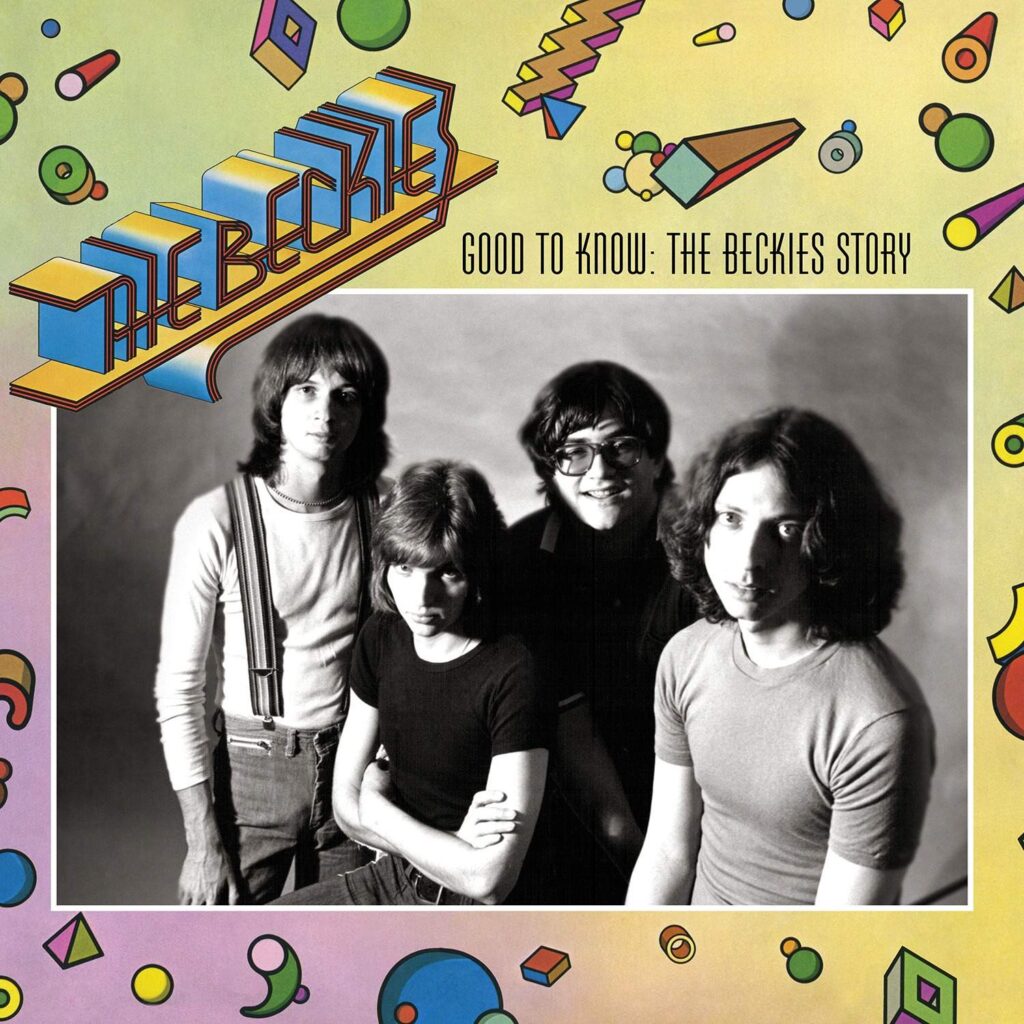
“We got almost no artistic validation in 1976.”
Can you share the story of how you all first connected and how The Beckies started to come together in New York? What was that initial spark like for you?
Scott Trusty: I had always wanted to be in a rock and roll band with Jimmy and Gary. I saw them play in Kansas City on many occasions, in small clubs and in big auditoriums, and I thought they were just great. So it was a dream come true to finally work together. And they were a super fit with Mike. But I have no recollection of the conversation where I suggested them to Michael or suggested Michael to them. I’d love to know what they were thinking when we finally did get together at Michael’s apartment and they got to meet him in the flesh.
I’m curious about how your unique musical backgrounds blended into the band. How did each of your individual styles and roles contribute to that distinctive sound you all created together?
Mark Abel: I don’t know how “unique” any of our orientations were. But one thing we all had in common was reverence for the “short form” rock song that was perfected in the mid-‘60s by, among others, Michael Brown in the Left Banke. I was also interested in jazz and the fusion music around at the time, but that was as a fan, not a player. I didn’t really need to make any adjustments to fit in with the Beckies.
Working with Michael Brown, known for his work with The Left Banke and Stories, must have been a memorable ride. Do you have any fun or unexpected moments from those early recording sessions that still make you smile?
Scott Trusty: It was indeed a wild ride. I was coming from Kansas City and had limited experience in recording studios. So my first sessions with Mike at Bell Sound, recording ‘Quarterhorses,’ were remarkable. I had no idea how lucky I was. And what a treat it was to be working with some of New York’s best musicians. I walked into this little studio and Hugh McCracken was playing guitar and Ed Shaughnessy was playing drums and on and on. And we had the keys to the studio!
What was the creative process like when you were writing songs together? How did those early jam sessions in that New York loft evolve into fully-formed tracks?
Mark Abel: We didn’t engage in jams at all, just did some very basic working out and refining of the songs Michael brought in. Scott can speak to how he and Gary Hodgden collaborated with Michael; I think it was only about lyrics, though, not the music.
Scott Trusty: By the time we were at Don’s loft on Leonard Street the songs were basically written. Our days were spent mostly finishing the structure of the songs and creating the harmonies and the guitar parts, but the actual writing of the material as far as I remember was mostly done at Mike’s apartment. And that basically consisted of sitting next to Mike and being enchanted by his playing and creativity and trying to keep up with his ideas.
How did the changing trends and challenges of that era shape your music and influence the direction of The Beckies?
Mark Abel: Well, I think Michael was somewhat aware that times and tastes were changing for melodic rockers in the early ‘70s, and he tried to address it in Stories – with questionable success. Despite the sophistication of his writing, he wasn’t cut out or motivated to compete with the show-offy “progressive rock” offered up by such groups as Genesis and Yes. He had the talent to do it, but it just wasn’t his scene and he wasn’t interested in collaborating with musicians who were gravitating in that direction.
It sounds like the debut album didn’t get the promotion it deserved. How did that experience affect you both, and what did you learn about navigating the ups and downs of the music industry?
Mark Abel: The experience had a definite negative effect on the both of us – doubly so for me, in fact, as the band I was in concurrently with the Beckies – City Lights – got equally screwed by Sire Records. I was forced to try to deal with Seymour Stein myself after he refused to work with that band’s manager. He was pretty clever that way, clever at manipulating young musicians and totally controlling the flow of decisions and events. Quite cynical.
The bonus disc with 13 previously unreleased demos is really intriguing. How did you come across these hidden gems, and what made you decide they were ready to be shared with your fans now?
Daniel Coston: To the best of my knowledge, Michael Brown had possession of the Beckies demos and had them transferred sometime around the early 2000s. He gave copies to Jimmy McAllister, John Kennedy (a collector in England, and a friend of Brown’s), and a few others.
Jimmy McAllister sent me a CD of the first eight songs that the band demoed, telling me that the demos were as good, if not better than the album. He promised to send me a CD of all the band’s demos but tragically passed away suddenly in 2006 before he could do so. When I later mentioned this to John Kennedy, he sent me the full set of Beckies demos, saying, “Jimmy would want you to have this.”
I worked with Scott and Mark on picking out the songs that they felt best represented the band at those various stages. I personally like that you can follow the band’s progression right up to when they are about to record the Sire album.
Scott Trusty: Just a side note: The quarter-inch four-track masters of all the demos are out there somewhere. I’d love to see and hear them again someday.
Looking back at those early demos, are there any experimental moments or ideas that you feel were ahead of their time or that particularly helped define your musical identity?
Mark Abel: I didn’t feel that Michael’s songs at that stage were ahead of their time. In some ways they were a throwback to his baroque-pop Left Banke idiom. But it was fine with me since he was a master at it and that was the period of his work I loved the best. The main reason I joined and stayed with the Beckies was the thought that I could learn some things from Michael and his songwriting. And I did, though my style, while melodic, was not all that similar.
Is there one song from either the original album or the demos that holds a special place in your heart? I’d love to hear the story behind it and what makes it so meaningful for you.
Mark Abel: I think Scott is better equipped to answer this one. My favorite Beckies songs are ‘Fran’ and ‘Song Called Love’ (the demo version).
Scott Trusty: I like ‘Good to Know’ from the demo collection. It is a great example of Michael’s dynamic delivery. The piano never stops, it is relentless. Just listen to Mike, he takes off and never looks back on that one. My other favorite is the Mercury demo of ‘River Song.’ The group sounds super alive and there is an awesome piano break that Mike just nailed.
Recording in a New York loft sounds like an inspiring experience. How did that unique setting influence your creative process, and do you have any memorable or quirky stories from that time?
Scott Trusty: It sounds funny when you put it that way, but at the time it was just a big space that had a baby grand piano and enough room to set up drums and amps. But charming and magical with great light and great scents.
At that time Soho in New York was pre-gentrification, very funky, nothing like it is now.
Working with Daniel Coston on these liner notes seems to have added a fresh perspective to your story. How did his insights help you look back on your journey with The Beckies?
Mark Abel: It is just a lovely and amazing thing that he is so interested in the Beckies and has put in such time and effort. We got almost no artistic validation in 1976. Better late than never.
Scott Trusty: Reconnecting with Gary has been an unexpected reward. The last time we got together was at Jimmie’s send-off. That was an emotional day. It has been nice to finally speak to Gary about the times we had together.
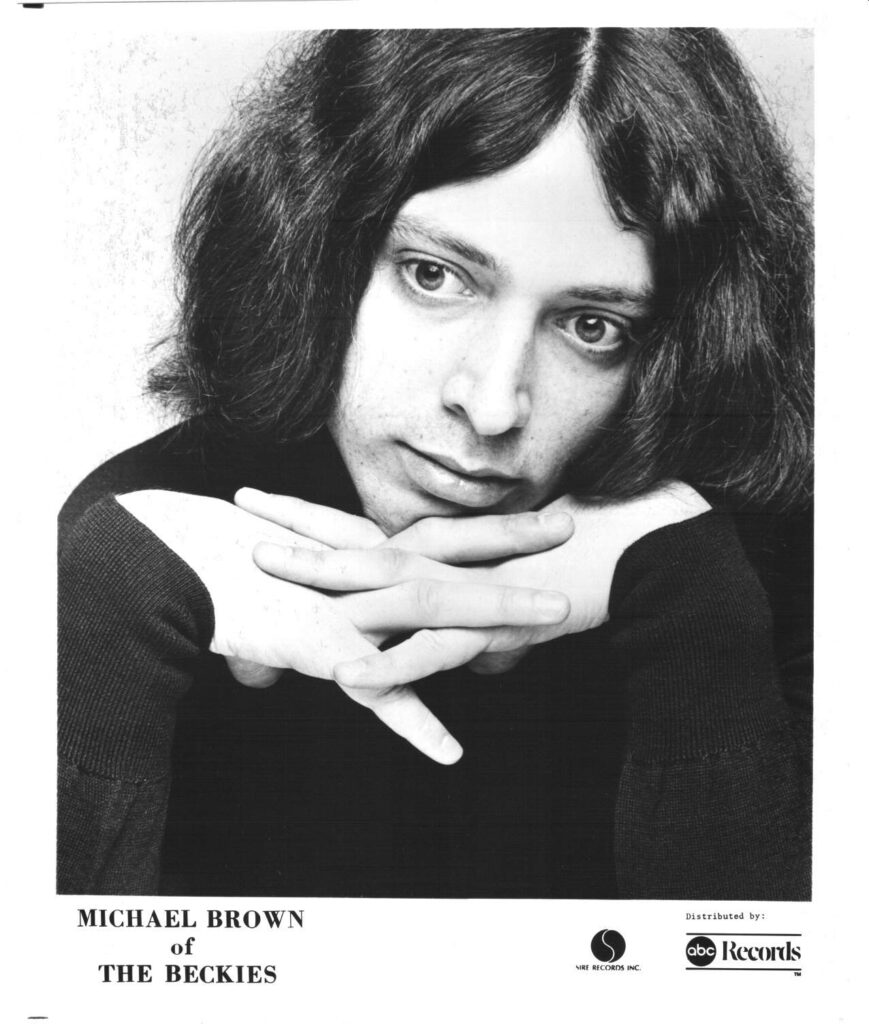
With this release coming nearly fifty years later, how does it feel to blend your classic sound with a modern touch? What was it like to see those old recordings remastered and revived for today’s audience?
Scott Trusty: I had my reservations about this project simply because I did not want to revisit the past, I did not want to live in that space again. But I was convinced by my son that it would be a good project to be involved in after all. He really wanted to hear the songs again and he wanted other people to hear the tracks for the first time. And I am thrilled that Daniel did the work and made it all happen.
Reflecting on your journey with The Beckies, what were some of the key moments or decisions that shaped your musical path in the years that followed?
Mark Abel: I think it cemented for me that my path in rock and roll was properly destined to be in the “short form” I mentioned earlier. It was what I did best, and Scott and I managed to work out a nice portion of this in the post-Beckies band we put together, Passengers.
Remastering decades-old recordings can be quite the adventure. What was the process like working with Michael Graves to update the sound while keeping the original vibe intact?
Daniel Coston: This is my third time working with Michael Graves, and it was one of the reasons I brought the project to Omnivore. My only directive to him was that I would like the Sire album to have more fidelity and dynamics. I have loved the album for a long time, but the original mix and mastering always sounded a little underwater to me, with little high end.
One day, Michael Graves sent me a link to the remastering, with the comment, ‘Tell me what you think.’ I listened to the first song, ‘Right By Your Side,’ and was floored. I immediately forgot everything else I was working on that day and listened to the whole thing. He simply got it right. Once I approved that, Michael then mastered the demos to match the fidelity of what he did for the Sire album. Michael really dug into the project and has told me that it was one of his favorite projects last year.
Beyond this release, are there any upcoming projects, reissues, or live performances on the horizon that you’re excited to share with your fans?
Mark Abel: Well, I transitioned out of rock and into classical composition from about 1990 on. And I must say, it forced me to keep growing and evolving as a musician, and I am glad it did. I invite anyone curious to check out markabelmusic.com.
Scott Trusty: Great question. My attitude now is “never say never.” I am feeling strong in spirit and in voice so anything is possible.
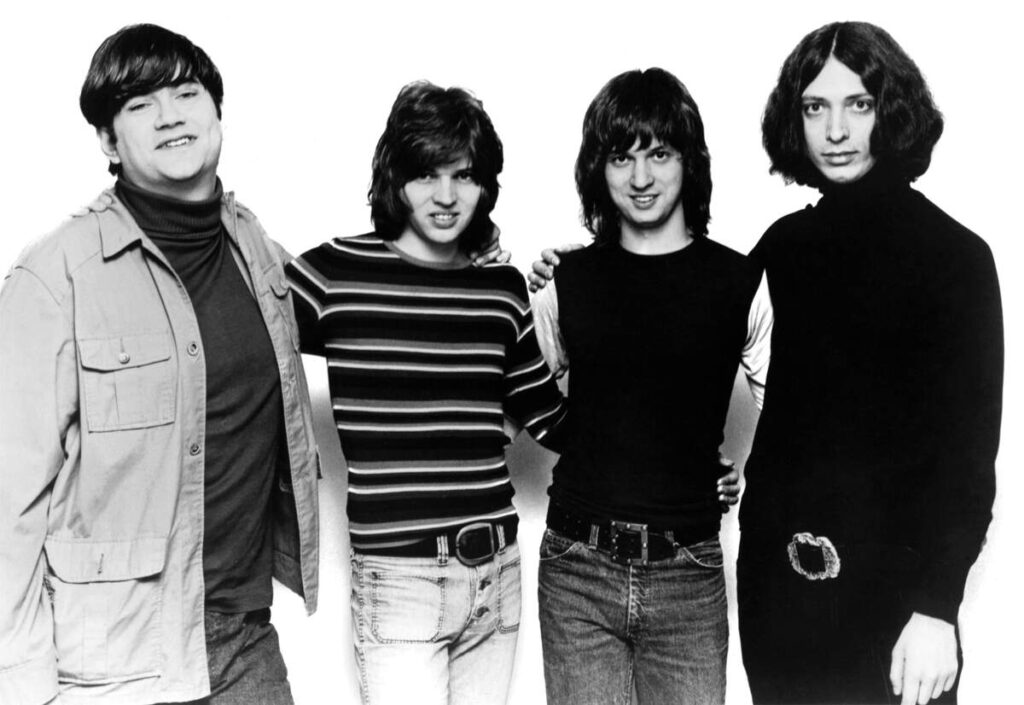
Finally, looking back on your entire journey—from the early days of The Beckies to today—what warm and personal message would you like to share with longtime fans and those just discovering your music for the first time?
Scott Trusty: Keep an open mind. Do not worry about what other people think of what you have done, just go ahead and do it. Do not be afraid to try.
Klemen Breznikar
Omnivore Recordings Official Website / Facebook / Instagram / X / YouTube

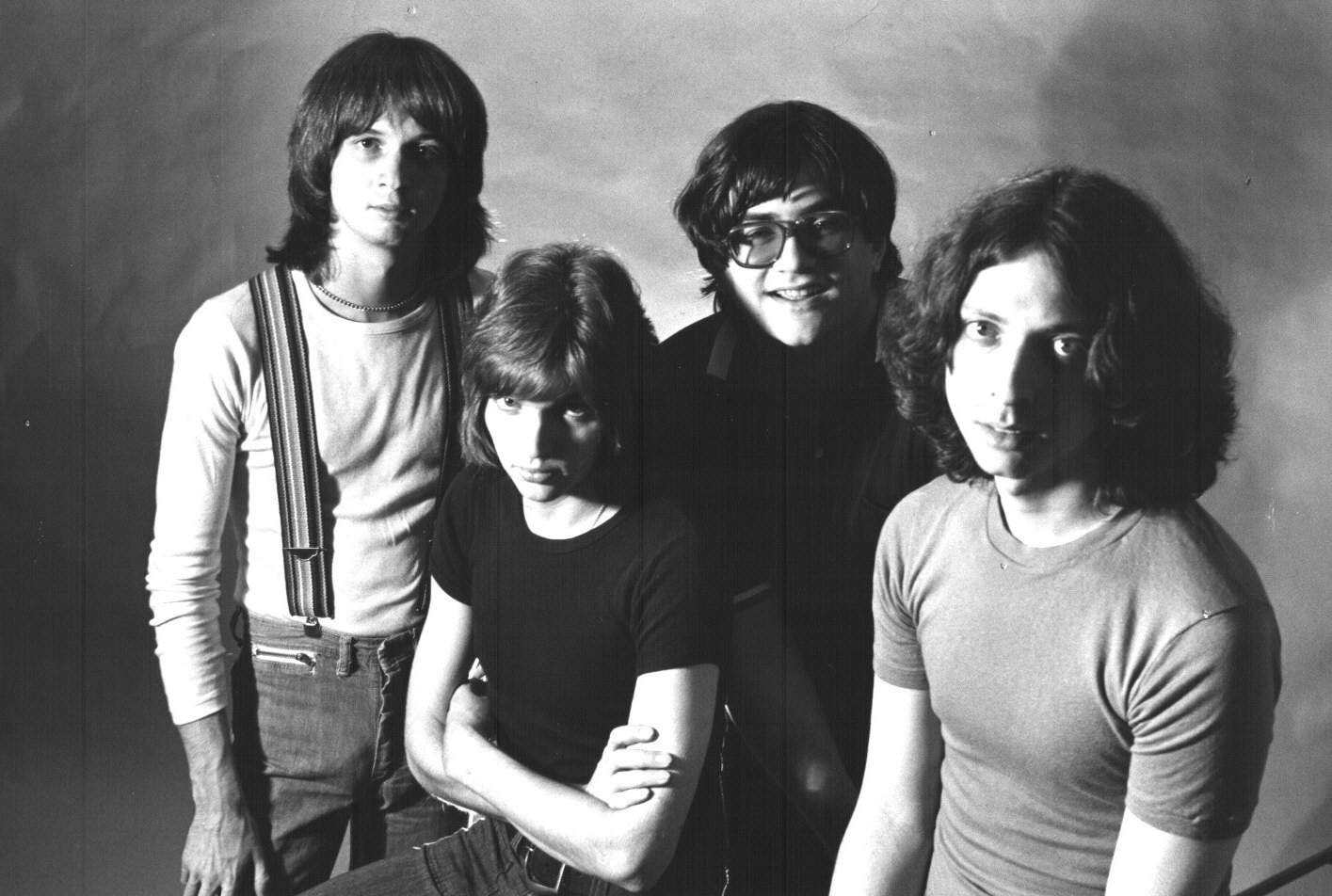
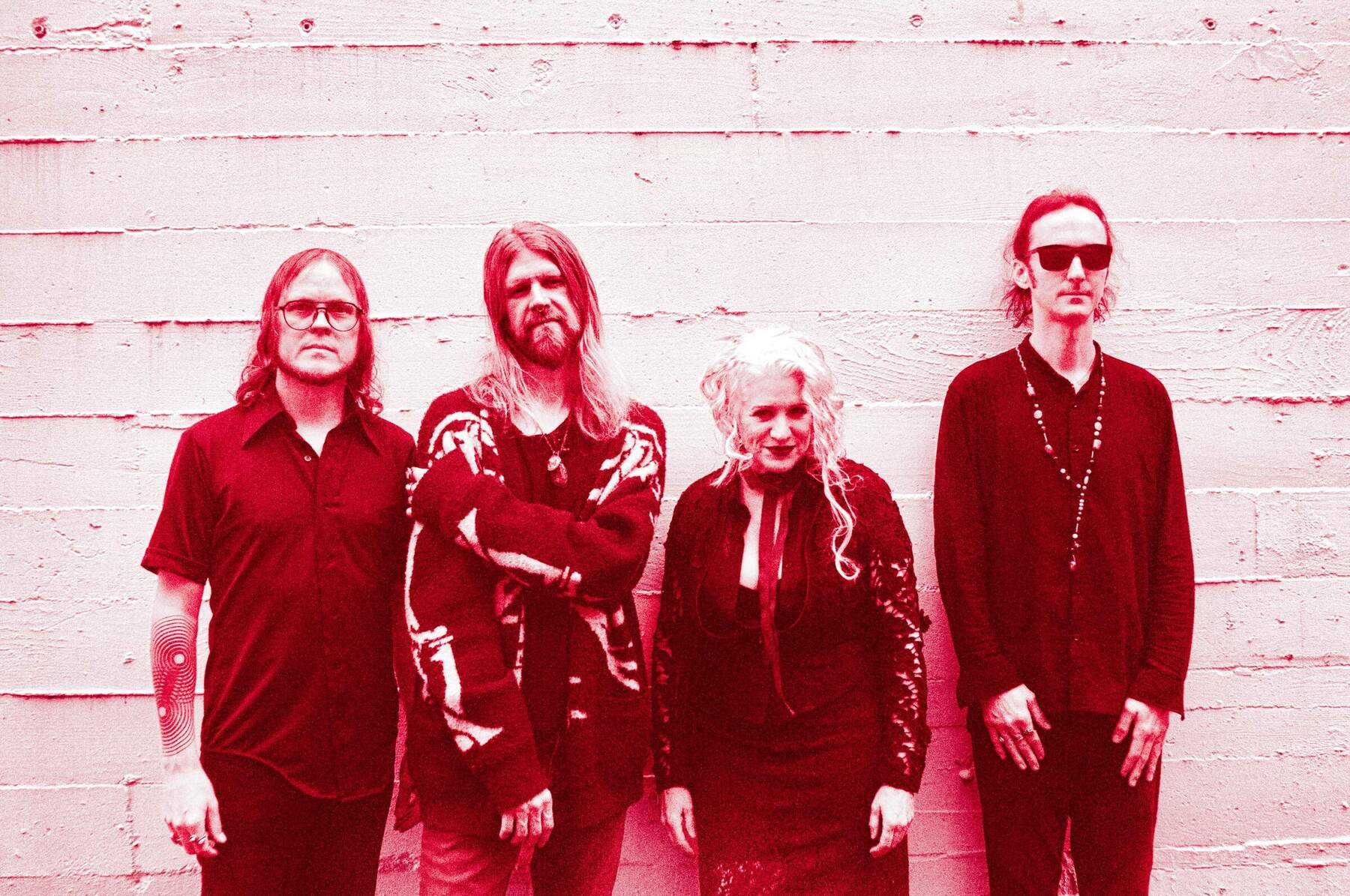
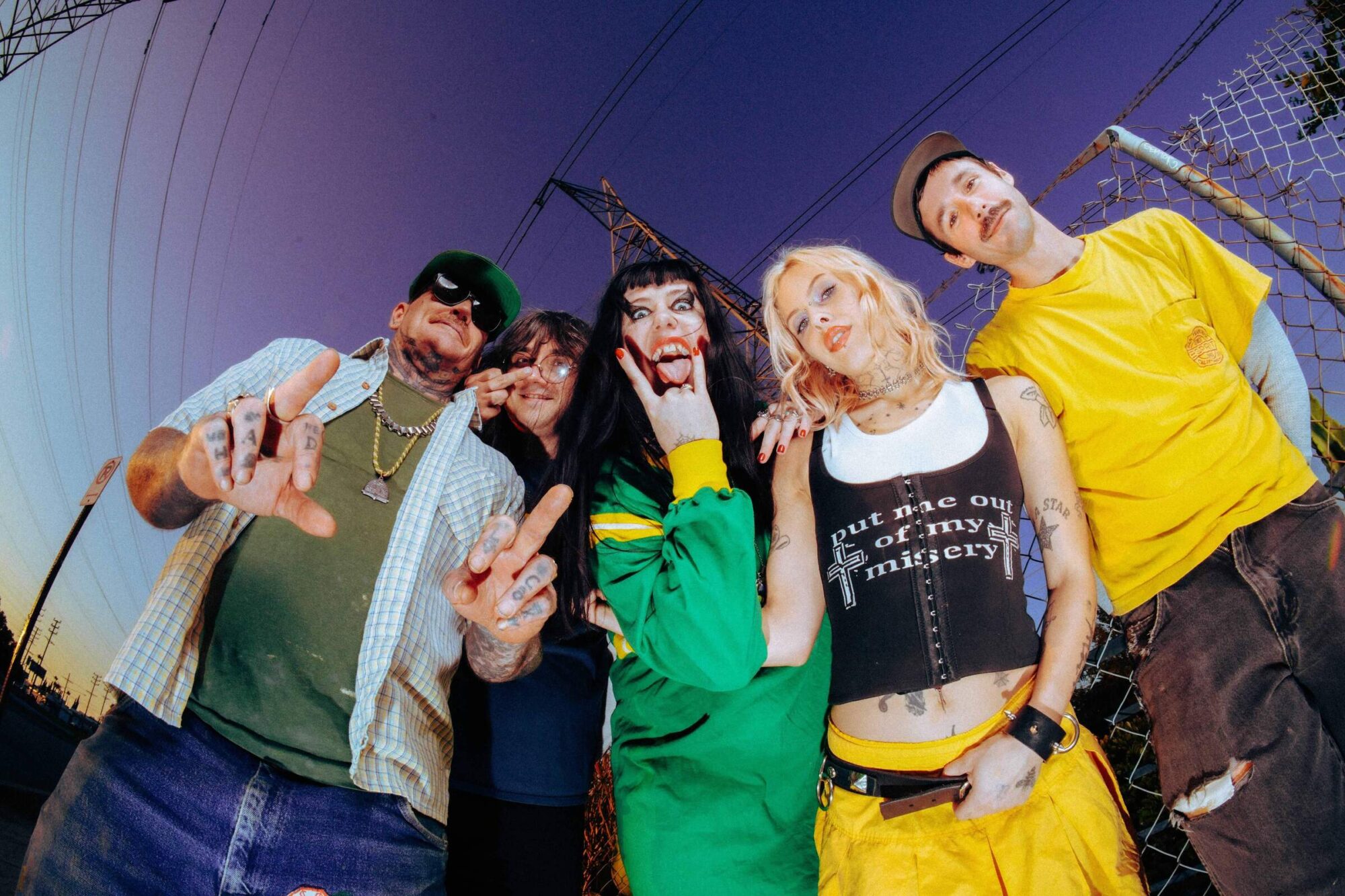
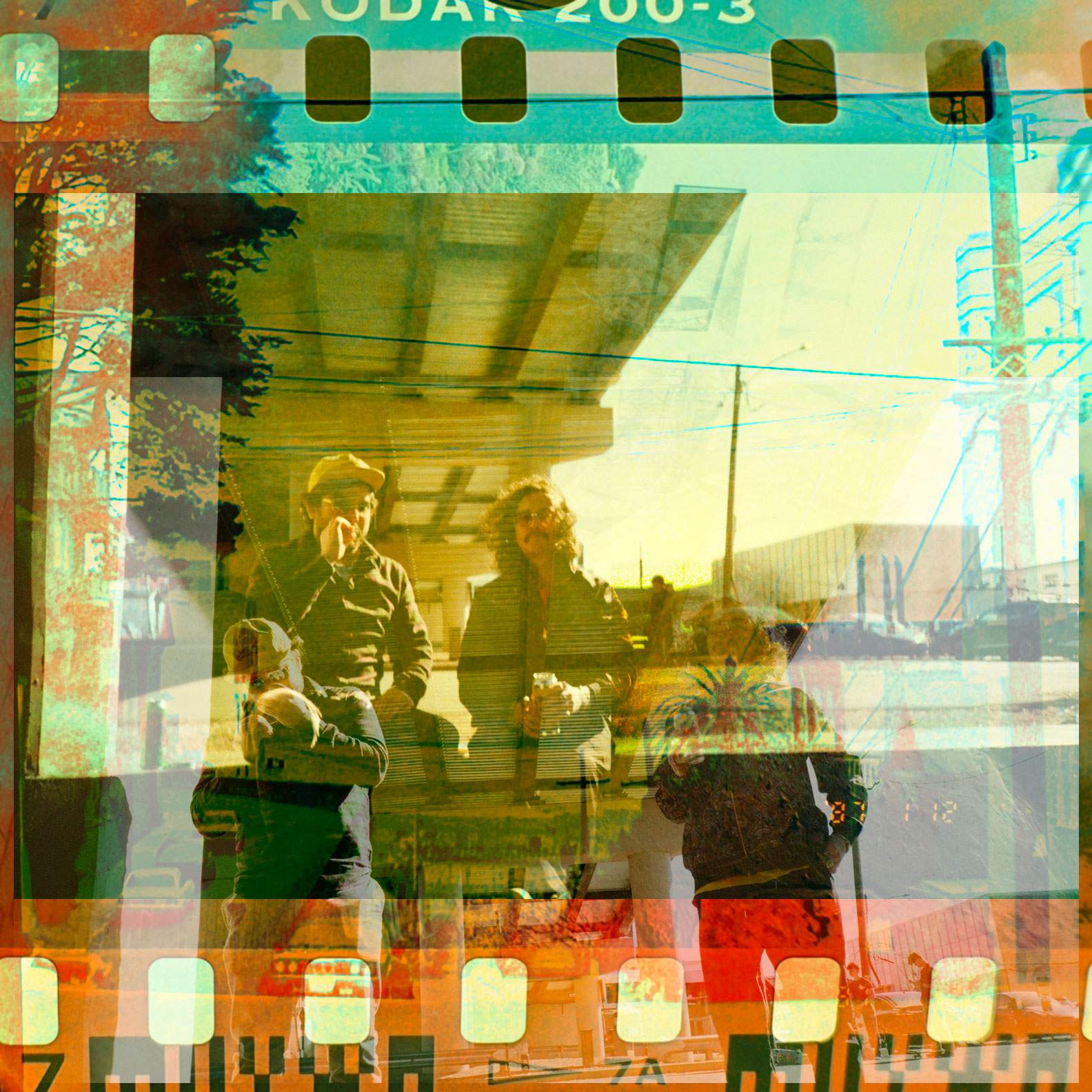
Thank you for the unknown.
I had The Beckies and The Stories albums when they were first released. “Quarter Horses” is an absolute fave of mine…thanks for tge article.